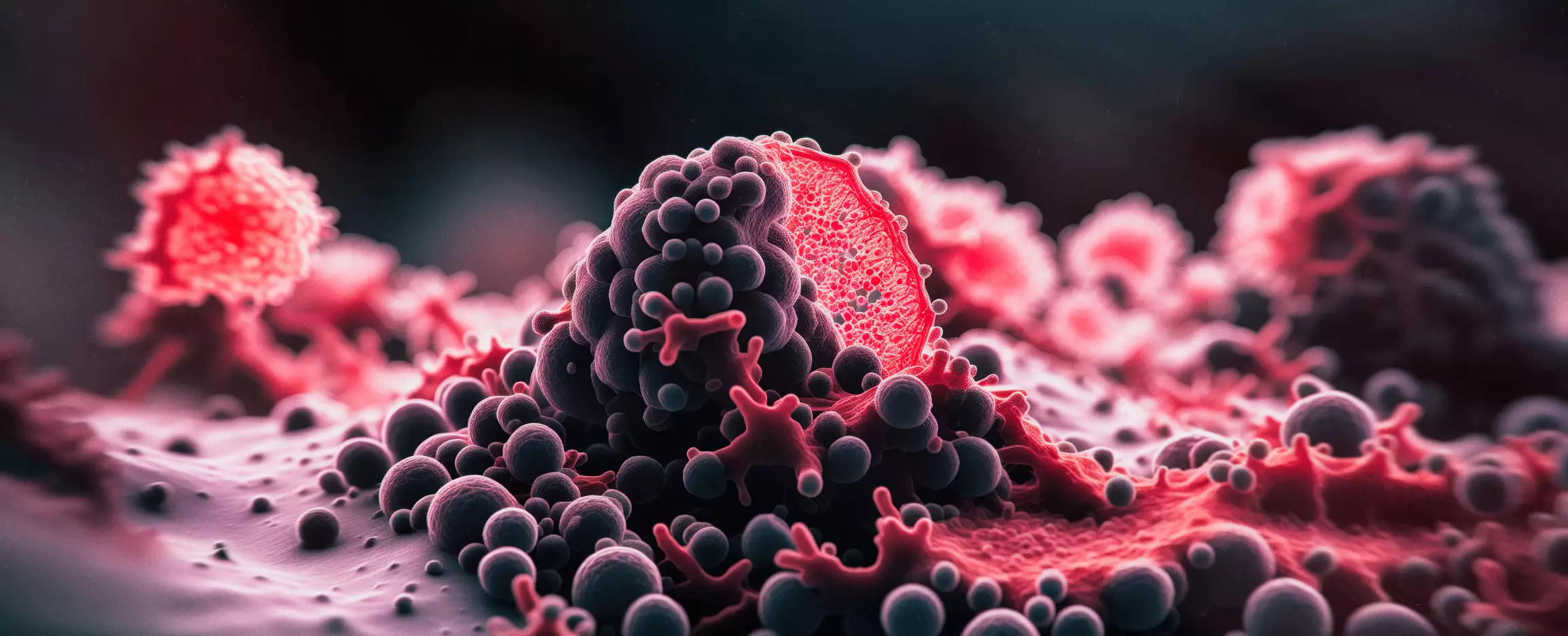Cancer is a complex disease that continues to pose challenges in terms of prevention and treatment. While the classical theory of cancer development focuses on DNA mutations as the primary cause of the disease, recent research has shed light on the role of epigenetic changes in cancer initiation and progression. This article delves into the implications of epigenetics on cancer development and potential treatment strategies.
The classical theory of cancer posits that DNA mutations are the main drivers of cancer development. Factors such as aging, lifestyle choices, and environmental exposures can lead to genetic alterations in cells, some of which may promote cell survival and proliferation. While this theory has been supported by extensive experimental evidence, targeting genetic mutations with drugs has proven to be challenging.
In contrast to genetic mutations, epigenetic changes involve reversible modifications to the genome that regulate gene expression. These changes act as a layer of control that can influence how genes are turned on and off without altering the underlying DNA sequence. Recent studies have suggested that epigenetic alterations play a crucial role in cancer cell survival and proliferation, potentially working in conjunction with genetic mutations to drive cancer progression.
A recent study published in Nature demonstrated that temporary changes in epigenetic marks, even in the absence of DNA mutations, could be sufficient to cause cancer. This groundbreaking discovery challenges the traditional view that cancer development is solely driven by genetic mutations. If validated by further studies, these findings could pave the way for the development of novel epigenetic therapies for cancer treatment.
Epigenetic changes in cancer cells can be detected through blood tests, offering new opportunities for early cancer diagnosis and monitoring. By combining genetic and epigenetic tests, healthcare providers may enhance the accuracy of cancer detection and tailor treatment approaches to individual patients. Epigenetic therapies, either as standalone treatments or in combination with traditional cancer therapies, hold promise for improving patient outcomes and precision medicine.
While the emerging epigenetic theory of cancer provides valuable insights into the complexity of the disease, it does not negate the importance of genetic mutations in cancer development. By integrating both genetic and epigenetic perspectives, researchers can gain a more comprehensive understanding of cancer biology and explore novel treatment avenues. Further studies in human cells and other models are needed to validate the role of epigenetics in cancer and advance the development of personalized cancer therapies.
The exploration of epigenetics in cancer development represents a paradigm shift in our understanding of the disease. By elucidating the interplay between genetic and epigenetic factors, researchers may uncover new targets for cancer treatment and detection. The pursuit of precision medicine through epigenetic therapies offers hope for improving patient outcomes and revolutionizing the way we approach cancer care.


Leave a Reply